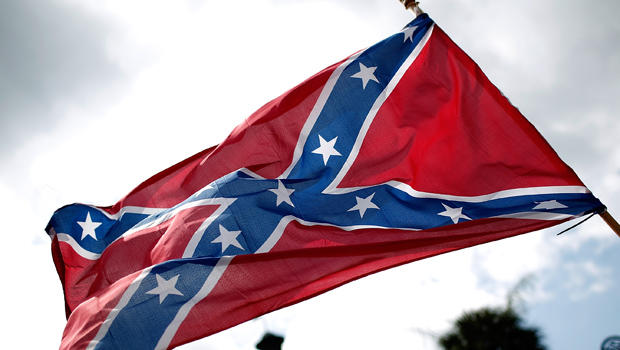|
Peace and Security Report 10/16/2015
|
SNHR: Analytical Study about the Leaked Pictures of Torture Victims in Syrian Military Hospitals
ICTJ | World Report October 2015 – Transitional Justice News and Analysis
|
Confederate Flag Supporters Indicted On Terrorism Charges
By Samuel Miller
Impunity Watch Reporter, North America and Oceania
ATLANTA, Georgia, United States of America — On Monday, fifteen individuals associated with a group of Confederate flag supporters in Douglas County, Ga., were indicted on terrorism charges. The July incident came in the midst of a debate that spread from South Carolina about removing the Confederate flag from public spaces.

The charges are related to a July 25 incident in which members of a group called Respect the Flag drove a convoy of vehicles displaying Confederate flags through a neighborhood in Douglasville, when they were involved in an altercation with residents outside a home where a children’s birthday party was taking place.
The indictment alleges that Respect the Flag is a “criminal street gang,” and that members of the group threatened “to commit a crime of violence” against people at the party, “with the purpose of terrorizing those individuals and in reckless disregard for the risks of causing such terror.”
The two sides had wildly divergent accounts of what occurred.
Residents said the demonstrators entered their neighborhood and started shouting racial slurs. Melissa Alford, who hosted the July birthday party, said tensions flared when the trucks drove by the home in Douglasville, Georgia.
In an interview with the Atlanta Journal-Constitution, Ms. Alford recalled, “One had a gun, saying he was gonna kill the [racial slur].” Ms. Alford then alleged one of them said, ‘Gimme the gun, I’ll shoot them [racial slur].”
The Southern Poverty Law Center, which is representing some of the people who attended the party, praised the prosecutor for pushing forward with the case.
Morris Dees, the organization’s chief trial counsel, issued a written statement: “These cowards chose unarmed African-Americans enjoying a peaceful birthday party to vent their violent racist hatred. This is reminiscent of the Ku Klux Klan — modern-day night-riders terrorizing African-Americans in the name of Southern heritage.”
Members of the caravan countered that the group only drives around with flags and sells them to raise money to donate American flags to people who can’t afford them.
Levi Bush, one of the drivers, told the paper the convoy had been attacked by residents throwing rocks, and after he got a flat tire the residents swarmed his truck and threatened him.
Kayla Norton, another member of the Respect the Flag group, detailed the confrontation between her group and the party-goers in an interview with the local Atlanta Fox affiliate. She says, “We informed that other group that we did have guns in our vehicles and if need be, we could go get them.”
For more information, please see:
China Post — Confederate flag supporters charged over threats – 15 October 2015
CNN — Group that waved Confederate flags indicted – 15 October 2015
CBS News – Ga. Confederate flag supporters face terrorism charges – 12 October 2015